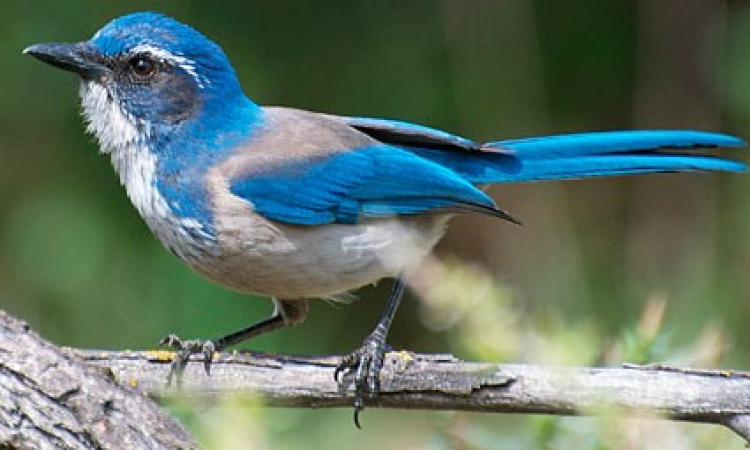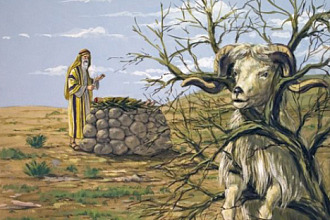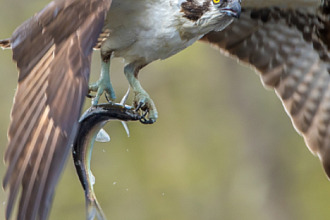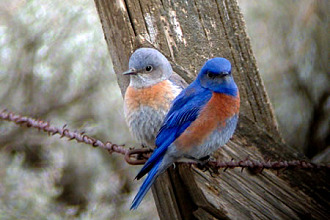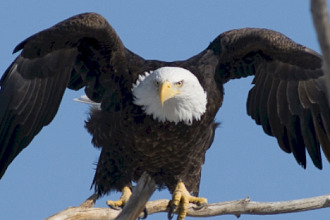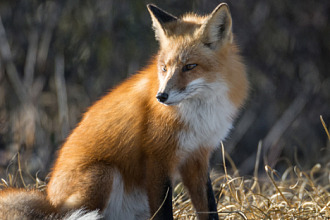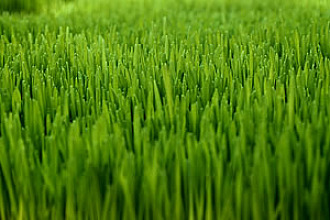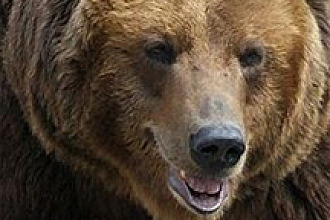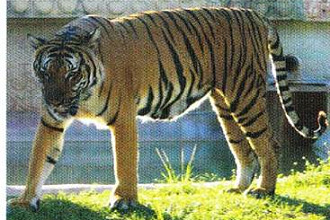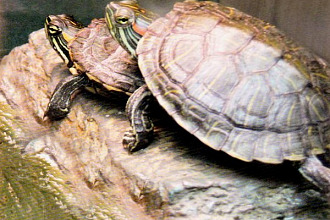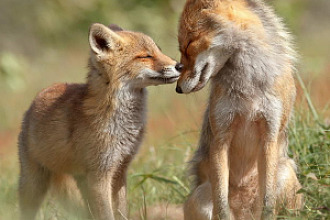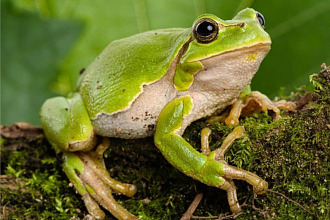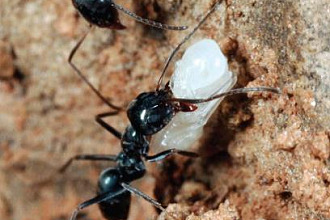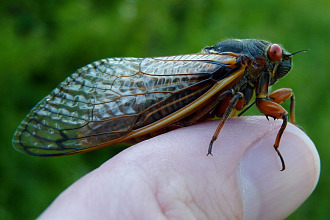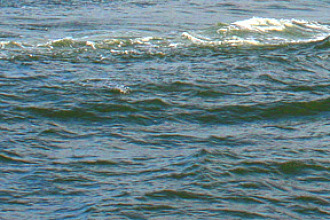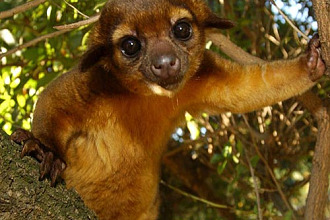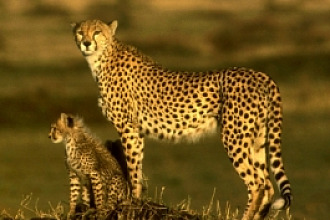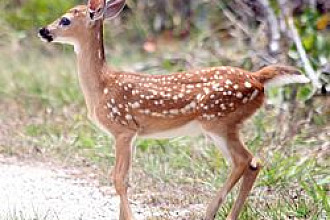The long tail feathers of Scrub Jays make these colorful songbirds appear larger than they really are.
And its not by accident that Western Scrub Jays at times appear to be "preening" mule deer, as they hop over the head and neck of those large animals. Actually they are examining the deer for parasites, and the deer—knowing this— stand very still and even.hold their ears up for their beautiful blue-feathered friends to help them.
Scrub jays living among pinyon pines have been given (not by accident) slim, pointed beaks—perfect for probing deep between the scales of pine cones to pluck out seeds which would otherwise be out of reach. Scrub Jays have a varied diet that includes insects, and seeds found in bird feeders. But an all-time favorite in their diet is the acorn. The stout beaks of scrub jays dwelling in oak woodlands have a slight hook on the end that serves as a perfect not-by-accident tool to pound and then pry open an acorn! Incidentally, the scrub jay makes significant contributions to responsible conservation with its untiring collecting and hiding of acorns. First: The bird demonstrates an awesome not-by-accident ability to plan ahead for its family's needs, remembering where it has tucked away lit¬erally thousands of acorns every year in the 25 to 30 acres a scrub jay family claims as its territory. Second: It hides far more acorns than its family needs for sur¬vival. Therefore the unused acorns lying in their shallow sandy-earth caches eventually germinate, providing reforestation of woodlands after trees have been destroyed by fire, etc. Third: Again not by accident, the Divine Programmer instilled in the mind of these birds to store their acorns uphill. Because of the round shape of an acorn, it obviously rolls down hill when it falls from the oak tree. If left below, the trees that would eventually sprout would all be clustered at the bot¬tom. Because of the scrub jay, however, trees are scattered all over the hills, from top to bottom, through the work of this special bird!
However jays are not perfect birds—in fact they are notorious robbers! Some research reports support the truth of the saying, "it takes one to catch one." They observed a family group for some time and found that a scrub jay who has never robbed another jay's cache ignores watching jays while hiding his acorns. However a jay who himself has robbed—when he has tucked his treasure in the ground—if he then notes other jays watching—will dig up his just-hidden acorns and carry them to a different, private spot!
Another unique fact, (and more positive) is the role played in a scrub jay family by fledglings. Not by accident, the juvenile jays who no longer need to be fed or taught themselves, amazingly stay nearby for another year or two to assist their monogamous parents in raising their next batches of babies! When that next year comes, the mother bird builds a new cup-shaped nest, lays the eggs and incubates them for over two weeks while the father brings her food. When the new babies hatch, the previous year's fledglings go into protective and providing mode. They're sentinels, sounding the alarm or actually fighting off approaching danger! Plus, they help provide caterpillars and other food needed by the newly-hatched little ones. It's definitely a not-by-accident family project and "cooperative fami¬lies" result in a higher success rate in raising these beautiful and remarkably tame birds.
Juvenile scrub jays are programmed to cooperate with their parents. We humans get to choose that attitude! The term "Cooperative families" can apply to us also when—not by accident we are willing to help fellow humans in need. It's the blessing that comes when we allow God's Holy Spirit to live within, and the
family of earth and heaven become one! Amazingly, it does happen!
"NOT BY ACCIDENT" (c) Juanita Kretschmar is used by permission and was first published in the book "Not By Accident 2" page 35
Picture originally found here

